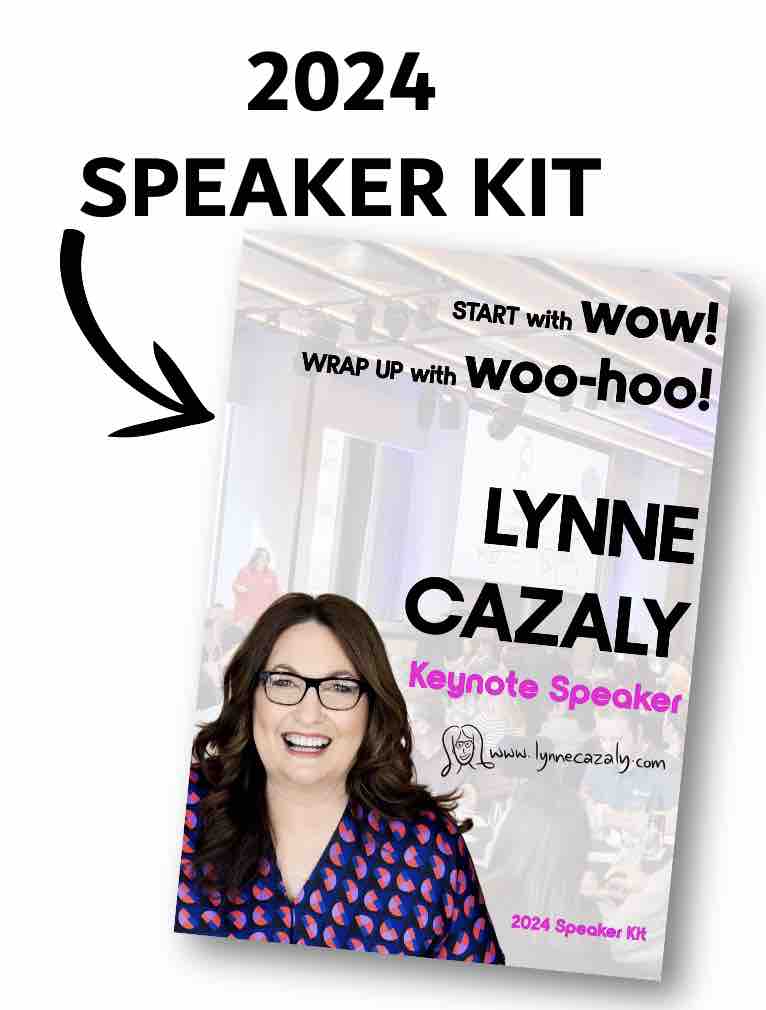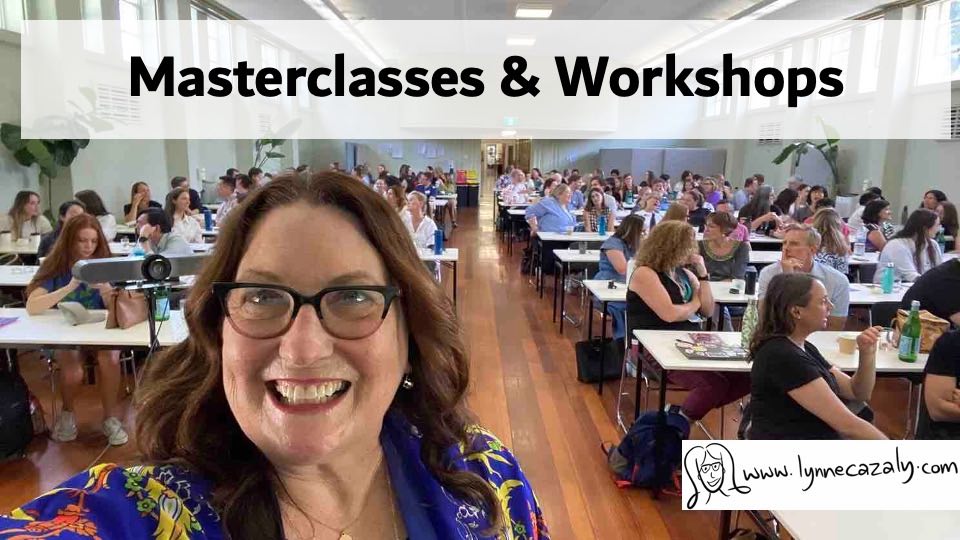The cost of distraction
 Thursday, December 19, 2019 at 6:25PM
Thursday, December 19, 2019 at 6:25PM  Checking your phone during a meeting is a productivity, focus and attention killer.
Checking your phone during a meeting is a productivity, focus and attention killer.
We think we can be present in the meeting AND scroll, check and read … but no.
Our IQ drops and we develop ‘attentional blindness’.
We lose the ability to judge what information is valuable or important. It’s probably why we think some speakers deliver boring segments, meetings have boring parts or workshops have boring sections. But shock, horror… it may not be boring it all!
It’s possible our ability to make sense has been interrupted. What others deem important ...we don’t. Then it switches over; they check their phone and get distracted, and we’re paying attention. We notice the important things; they don’t.
Whenever you’re trying to get ‘alignment’ or make sure everyone is ‘on the same page’, make a point of having mobile devices out of sight.
Focus, attention, IQ and cognition will be better, stronger and the work will be achieved quicker.
If you're going to check anything, check who’s distracted and who’s focused on the work at hand.



















